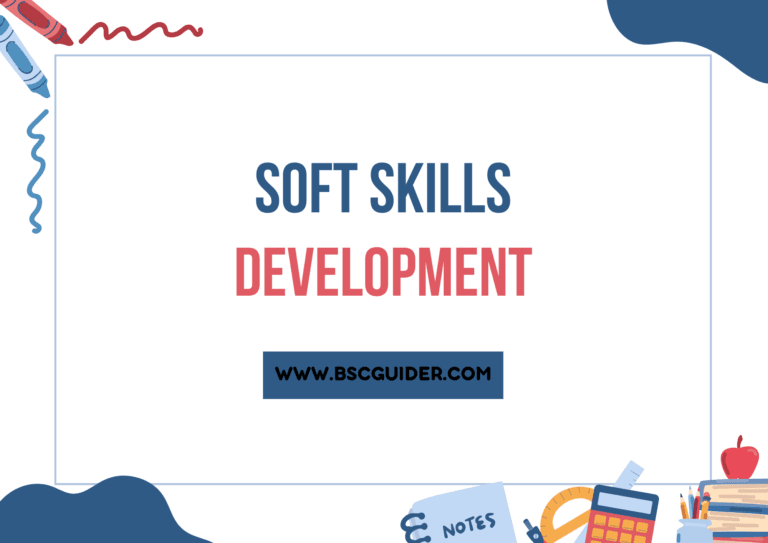
Soft Skills Development is a core subject in the BSc CS 1st Semester. This course introduces students to the fundamentals of soft skills, covering key concepts like communication skills, teamwork, leadership, time management, problem-solving, and interpersonal relationships. It is designed to build a strong foundation in professional behavior and personal effectiveness, which supports future success in various areas of computer science and the workplace. High-quality notes for this subject are provided by BSC GUIDER, a trusted source for BSc CS 1st Year students. These notes are carefully crafted to be clear and easy to understand, making them an excellent resource for mastering the essentials of soft skills development.
Soft Skills Development Notes Unit 1 – 3
Unit 1
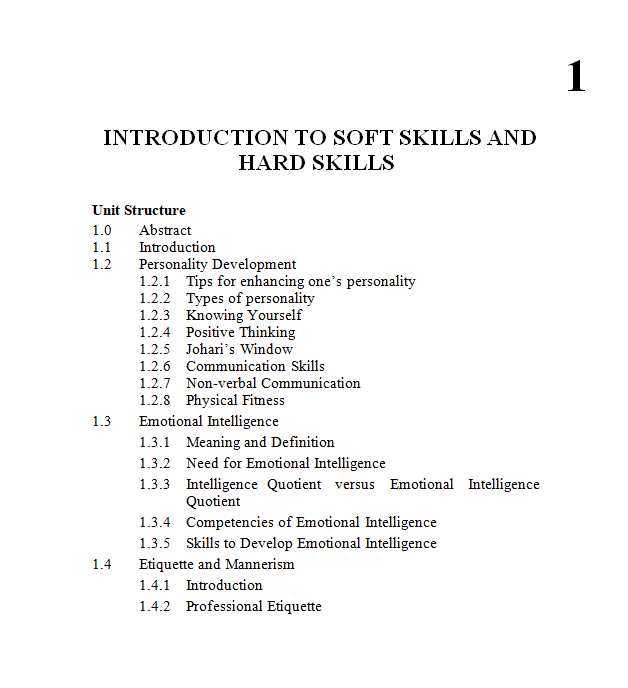
Introduction to Soft and Hard Skills
Unit 2
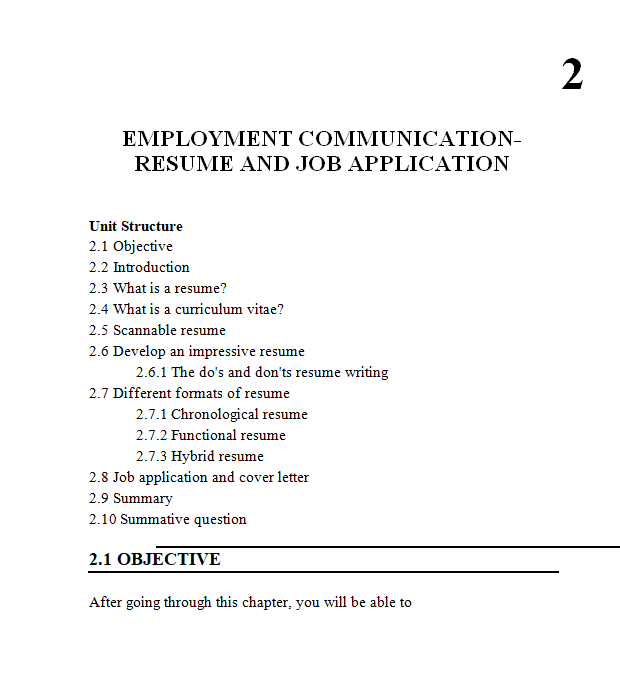
Employment Communication : Resume and Job Applications
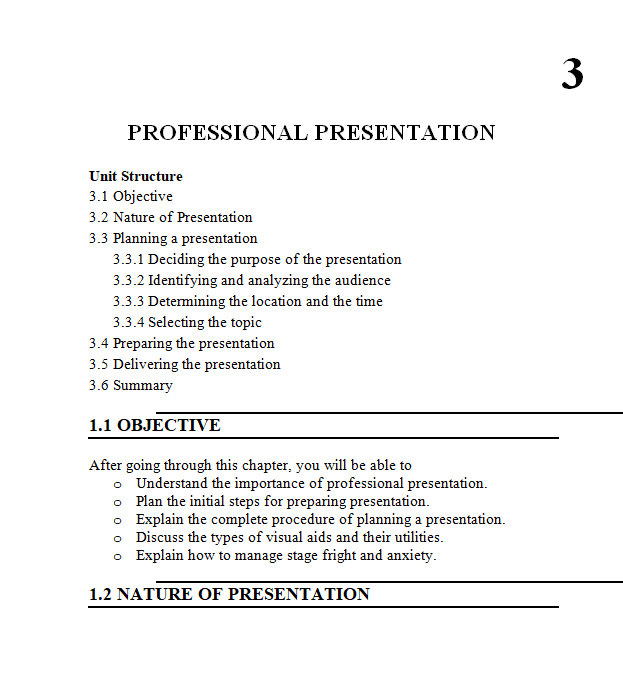
Professional Presentation
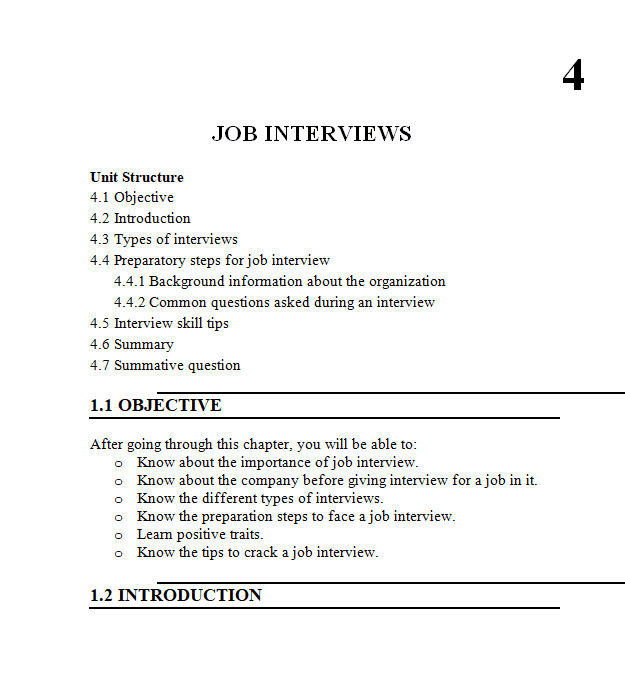
Job Interviews
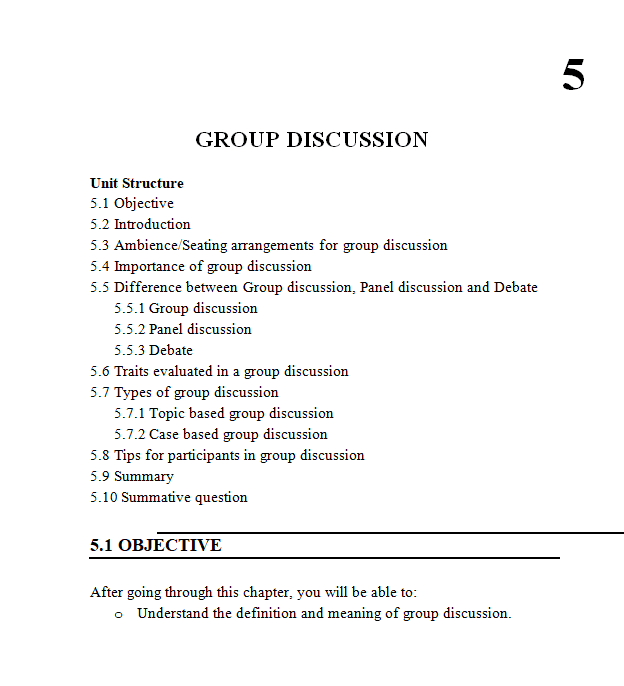
Group Disscusion
Unit 3
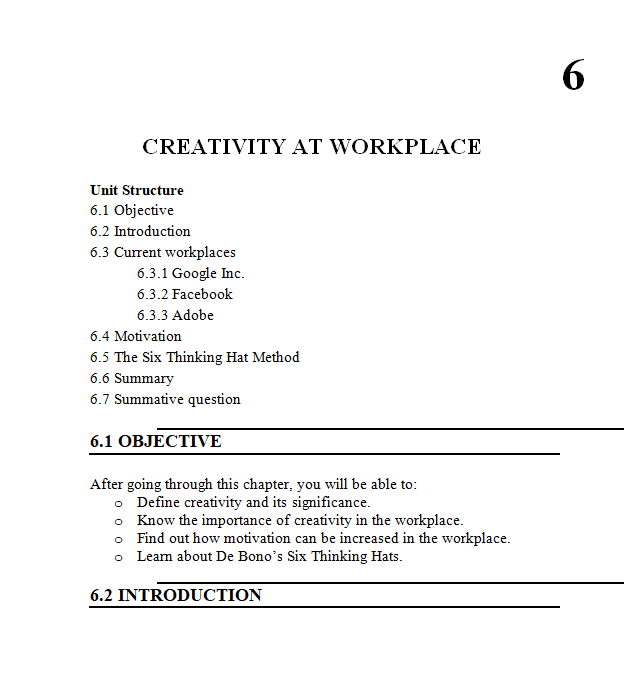
Creativity at Workplace
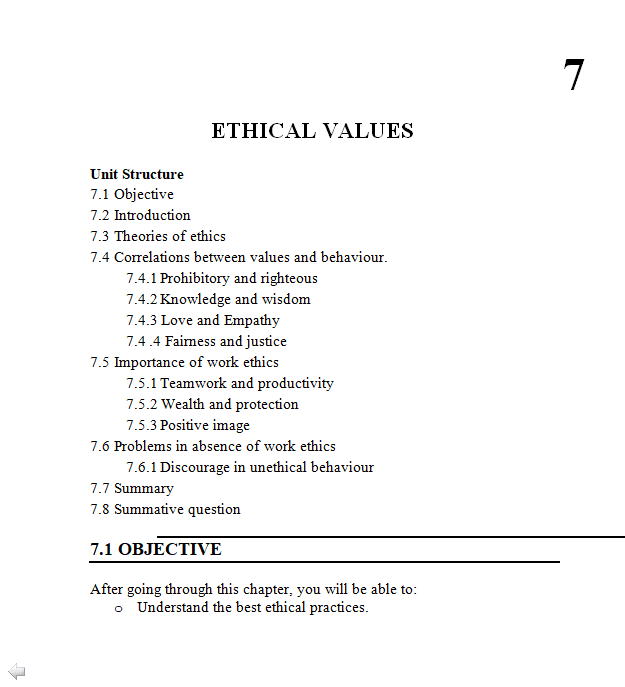
Ethical Values
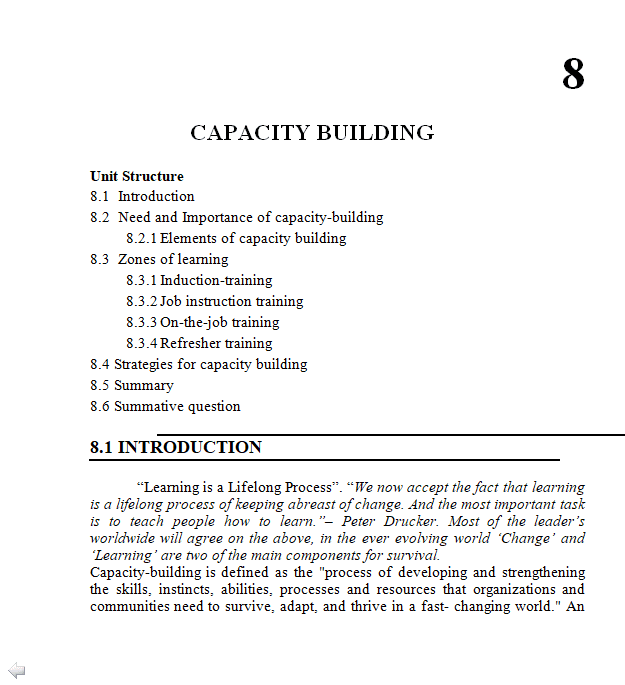
Capacity Building
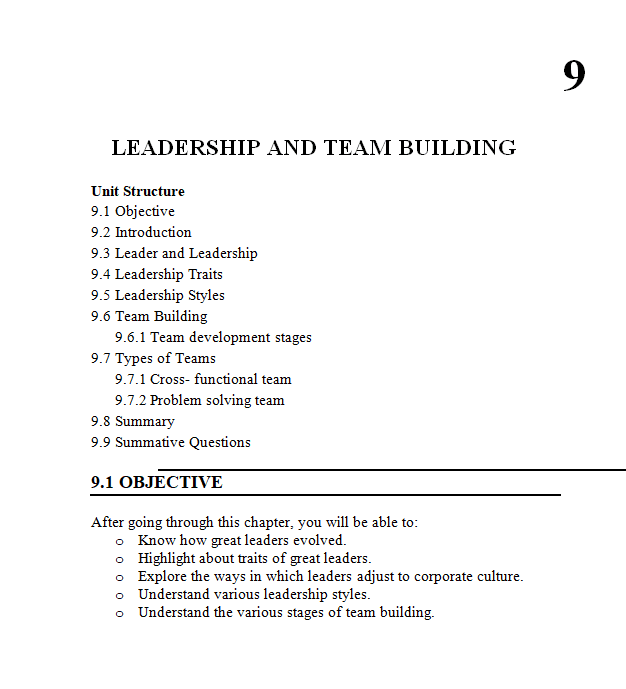
Leadership and Team Building
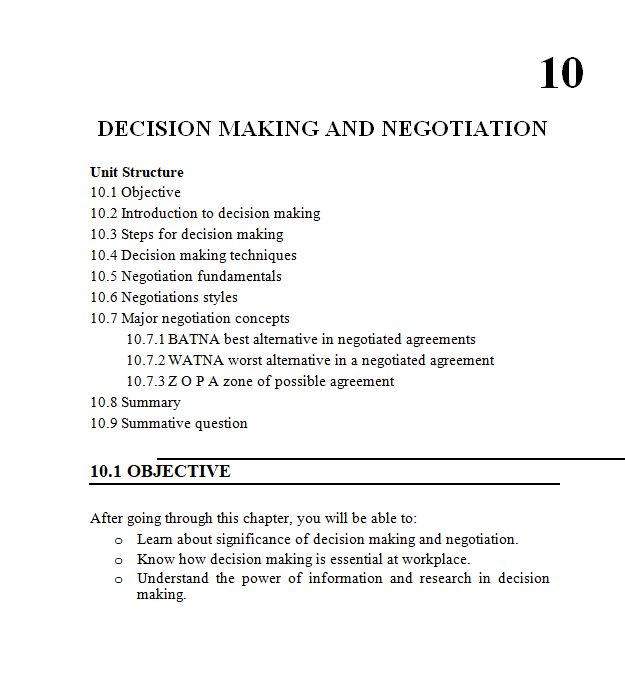
Decision Making and Negotiation
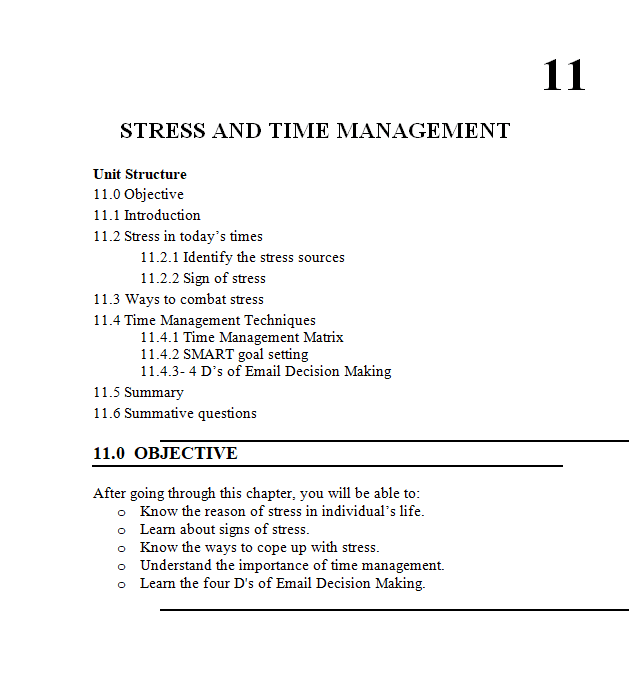
Stress and Time Management
Objectives of Soft Skills Development :-
To help learners develop their soft skills and develop their personality together with their technical skills. Developing professional, social and academic skills to harness hidden strengths, capabilities and knowledge equip them to excel in real work environment and corporate life. Understand various issues in personal and profession communication and learn to overcome them
Expected Learning Outcomes:
- To know about various aspects of soft skills and learn ways to develop personality
- Understand the importance and type of communication in personal and professional environment.
- To provide insight into much needed technical and non-technical qualities in career planning.
- Learn about Leadership, team building, decision making and stress management
Recommended Books and Resources
Text book:
- Soft Skills: an Integrated Approach to Maximise Personality, Gajendra
- Chauhan, Sangeeta Sharma, Wiley India
Additional References:
- Personality Development and Soft Skills, Barun Mitra, Oxford Press
- Business Communication, Shalini Kalia, Shailja Agrawal, Wiley India
- Soft Skills – Enhancing Employability, S. Rao, I. K. International
- Cornerstone: Developing Soft Skills, Sherfield, Pearson India
Scope of Soft Skills Development :-
- Communication Skills: Effective verbal and non-verbal communication, writing, and presentation skills.
- Teamwork & Collaboration: Building teams, using collaboration tools, and resolving conflicts.
- Leadership Skills: Understanding leadership styles, motivating teams, and decision-making.
- Time Management: Prioritizing tasks, planning, scheduling, and goal setting.
- Problem-Solving & Critical Thinking: Analyzing problems, generating solutions, and making informed decisions.
- Interpersonal Skills: Emotional intelligence, networking, and cultural sensitivity.
- Adaptability: Managing change and developing resilience.
- Professionalism & Ethics: Workplace etiquette, ethical behavior, and integrity.
- Career Development: Self-assessment, job search strategies, and lifelong learning.
These skills prepare students for success in academic, professional, and personal settings.
Syllabus of Soft Skills Development :-
Unit 1
1.1 Introduction to Soft Skills and Hard Skills
- Personality Development: knowing your self Positive Thinking johari’s Communication Skills, Non-verbal Communication, Physical Fitness Window
- Emotional Intelligence: Meaning and Definition, Need for Emotional Intelligence, Intelligence Quotient versus Emotional Intelligence Quotient, Components of Emotional Intelligence, Competencies of Emotional Intelligence, Skills to Develop Emotional Intelligence
- Etiquette and Mannerism: Introduction, Professional Etiquette, Technology Etiquette
- Communication Today: Significance of Communication, GSC’s 3M Model of Communication, Vitality of the Communication Process, Virtues of Listening, Fundamentals of Good Listening, Nature of Non-Verbal Communication, Need for Intercultural Communication, Communicating Digital World
Unit 2
2.1 - Employment Communication : Resume and Job Application
- What is a resume?
- What is a curriculum vitae?
- Scannable resume
- Develop an impressive resume
- The do’s and don’ts resume writing
- Different formats of resume
- Chronological resume
- Functional resume
- Hybrid resume
- Job application and cover letter
2.2 Professional Presentation
- Nature of Presentation
- Planning a presentation
- Deciding the purpose of the presentation
- Identifying and analyzing the audience
- Determining the location and the time
- Selecting the topic
- Preparing the presentation
- Delivering the presentation
2.3 Job Interviews
- Types of interviews
- Preparatory steps for job interview
- Background information about the organization
- Common questions asked during an interview
- Interview skill tips
2.4 Group Disscusion
- Ambience/Seating arrangements for group discussion
- Importance of group discussion
- Difference between Group discussion, Panel discussion and Debate
- Group discussion
- Panel discussion
- Debate
- Traits evaluated in a group discussion
- Types of group discussion
- Topic based group discussion
- Case based group discussion
- Tips for participants in group discussion
Unit 3
3.1 Creativity at Workplace
- Current workplaces
- Adobe
- Motivation
- The Six Thinking Hat Method
3.2 Ethical Values
- Theories of ethics
- Correlations between values and
- Prohibitory and righteous
- Knowledge and wisdom
- Love and Empathy
- .4 Fairness and justice
- Importance of work ethics
- Teamwork and productivity
- Wealth and protection
- Positive image
- Problems in absence of work ethics
- Discourage in unethical behaviour
3.3 Capacity Building
- Need and Importance of capacity-building
- Elements of capacity building
- Zones of learning
- Induction-training
- Job instruction training
- On-the-job training
- Refresher training
- Strategies for capacity building
3.4 Leadership and Team Building
- Leader and Leadership
- Leadership Traits
- Leadership Styles
- Team Building
- Team development stages
- Types of Teams
- Cross- functional team
- Problem solving team
3.5 Decision Making and Negotiation
- Introduction to decision making
- Steps for decision making
- Decision making techniques
- Negotiation fundamentals
- Negotiations styles
- Major negotiation concepts
- BATNA best alternative in negotiated agreements
- WATNA worst alternative in a negotiated agreement
- Z O P A zone of possible agreement
3.6 Stress and Time Management
- Stress in today’s times
- Identify the stress sources
- Sign of stress
- Ways to combat stress
- Time Management Techniques
- Time Management Matrix
- SMART goal setting
- D’s of Email Decision Making